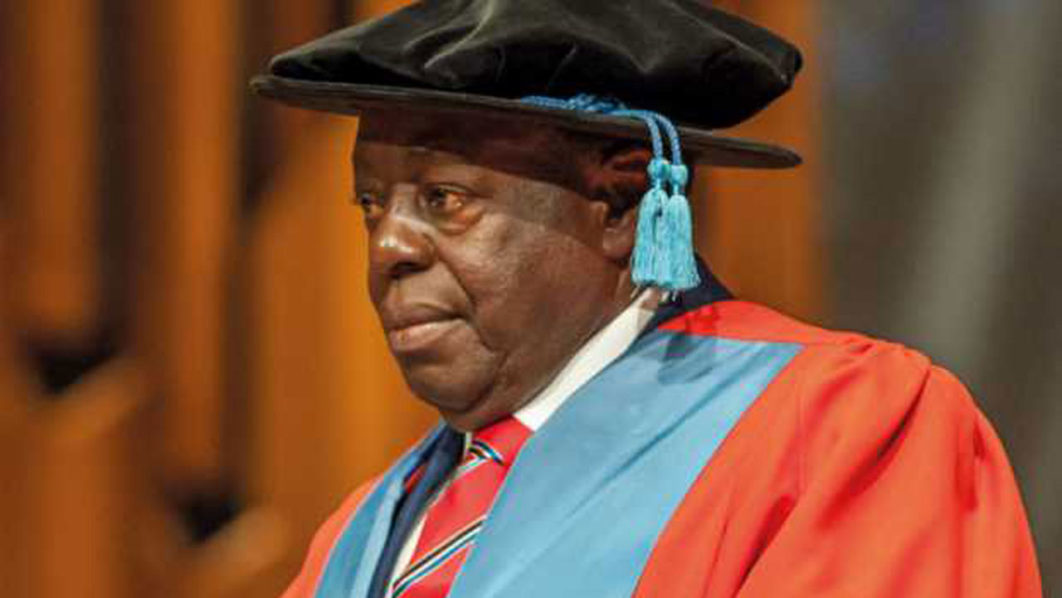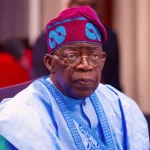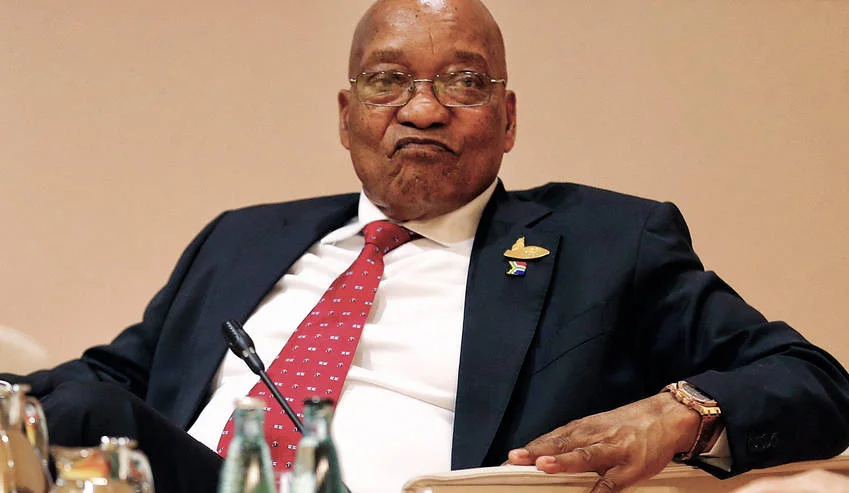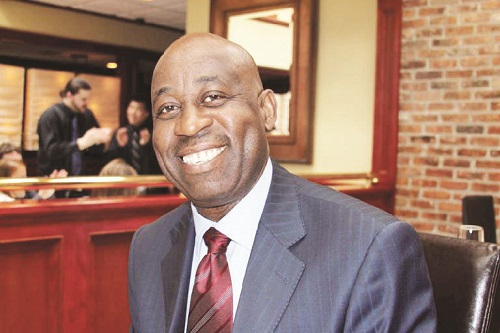The ongoing defamation suit between legal luminary Chief Afe Babalola and human rights activist Dele Farotimi has sparked heated debates across Nigeria’s legal, social, and political spheres. At the center of the controversy are allegations by Farotimi accusing Babalola of corrupt practices, including influencing Supreme Court rulings in favor of his clients during a 2013 land dispute.
Babalola, a revered Senior Advocate of Nigeria (SAN) and founder of Afe Babalola University, Ado-Ekiti, responded with a lawsuit for criminal defamation. The case has led to a 16-count charge against Farotimi and his subsequent arrest, with Babalola citing significant reputational damage from the activist’s allegations.
Farotimi, known for his outspoken criticism of systemic corruption and his calls for constitutional reform, has refused to retract his claims. A member of the Citizens’ Rally Against Oppression (RAMINBA), Farotimi is widely regarded for his advocacy through books such as Do Not Die in Their War and Nigeria and Its Criminal Justice System.
While Babalola has earned accolades for his contributions to law and education, including being recognized as Nigeria’s best Pro-Chancellor during his tenure at the University of Lagos, Farotimi’s accusations have fueled a media storm. Misinformation has further complicated matters, with initial speculation wrongly linking Farotimi’s arrest to Tony Elumelu, Chairman of UBA, and the Tinubu administration.
The court proceedings have underscored the critical elements of defamation under Nigerian law: the publication of false statements, the harm caused to reputation, and evidence of malice or negligence. The case has also exposed the role of social media in influencing public opinion, often at the expense of due process and justice.
Legal analysts have urged caution, stressing that the courts, not the court of public opinion, must resolve the matter. Meanwhile, commentators have criticized both sides for failing to foster dialogue that could strengthen Nigeria’s legal and social institutions.
This case has highlighted the need for legal professionals and public figures to adopt more measured approaches to public relations, ensuring transparency without resorting to divisive rhetoric or misinformation.





